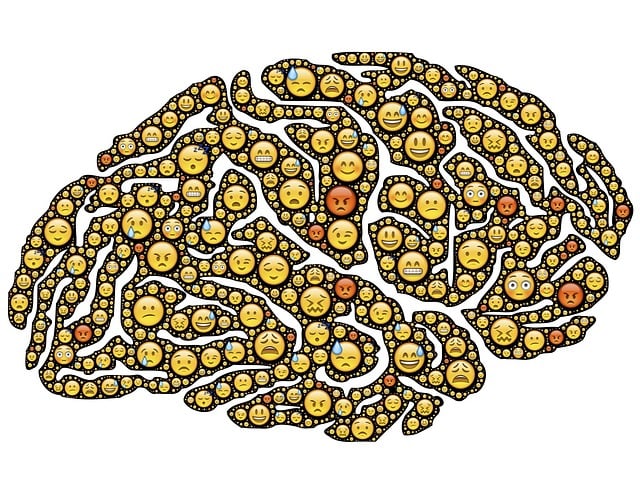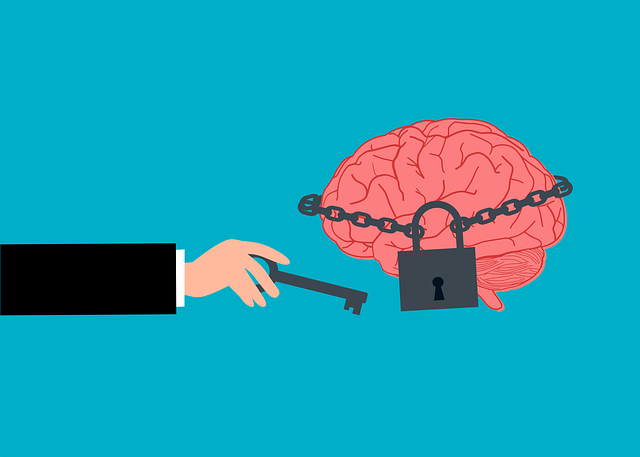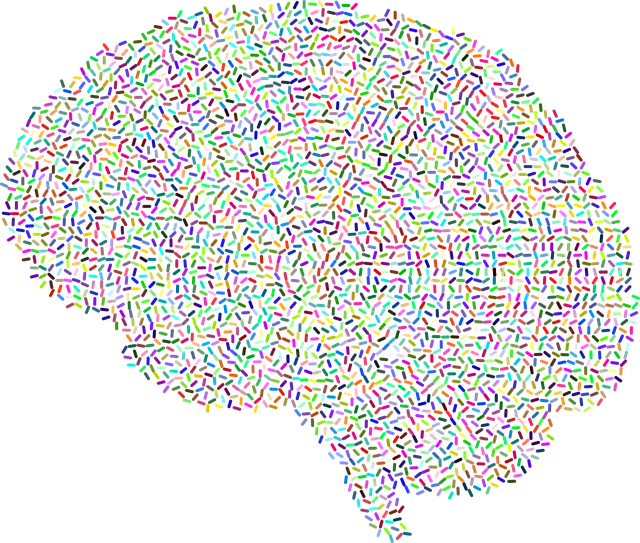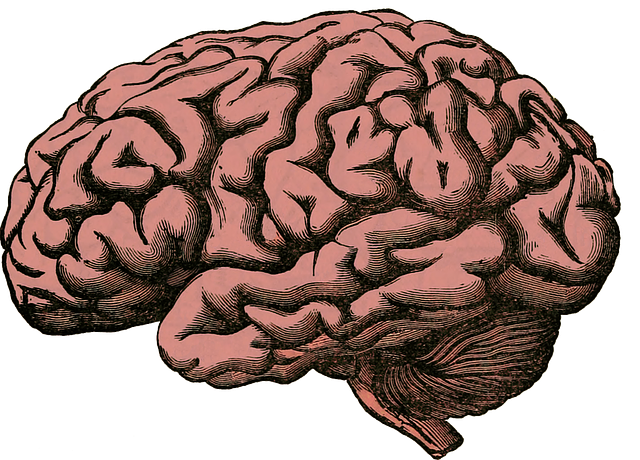Self-assessment is a powerful tool for mental wellness, enabling individuals to understand stress, mood, and coping mechanisms. Wheat Ridge Functional Neurological Disorder Therapy (WRFNDT) offers innovative self-assessment methods beyond conventional practices, focusing on neurological dysfunctions to identify subtle mental state changes. This holistic approach integrates psychology, psychiatry, and neuroscience, considering symptoms, environmental factors, and personal history for personalized assessment. By combining WRFNDT principles with validated measurement instruments, accurate and reliable self-assessments are created, accessible to diverse populations, and designed with risk management in mind. These tools empower clients, facilitate emotional healing, and enhance therapeutic support for conditions like WRFNDT, contributing to improved community mental health through early intervention and education.
Mental wellness self-assessment tools are vital for personal growth, offering individuals a direct line to their emotional well-being. This article explores the development of such tools, highlighting the significance of understanding mental wellness and its core components. We delve into the role of Wheat Ridge Functional Neurological Disorder Therapy in refining these assessments, emphasizing accuracy and reliability.
Through comprehensive evaluation strategies, we uncover key elements for effective self-assessments, integrating them into therapeutic practices to foster supportive care.
- Understanding Mental Wellness Self-Assessment: A Key to Personal Growth
- The Role of Wheat Ridge Functional Neurological Disorder Therapy in Self-Assessment Development
- Identifying Core Components for Comprehensive Mental Health Evaluation
- Creating Effective Assessment Tools: Consideration for Accuracy and Reliability
- Integrating Self-Assessments into Therapeutic Practices: Strategies for Supportive Care
Understanding Mental Wellness Self-Assessment: A Key to Personal Growth

Understanding Mental Wellness Self-Assessment is a pivotal step towards personal growth and overall well-being. These tools act as powerful indicators, helping individuals gain valuable insights into their mental state and identify areas that may require support or improvement. By assessing factors such as stress levels, mood management, and coping mechanisms, one can better navigate the complexities of modern life. This proactive approach is especially beneficial for those managing conditions like Wheat Ridge Functional Neurological Disorder Therapy, where regular self-monitoring can facilitate timely interventions and promote effective treatment strategies.
Self-assessment enables individuals to take charge of their mental health proactively. It encourages self-reflection, fostering a deeper understanding of one’s emotions, thoughts, and behaviors. Moreover, it empowers people to seek appropriate support, whether through Stress Reduction Methods, Trauma Support Services, or other therapeutic interventions. This process is transformative, enabling individuals to cultivate resilience, enhance coping skills, and ultimately lead more fulfilling lives.
The Role of Wheat Ridge Functional Neurological Disorder Therapy in Self-Assessment Development

Wheat Ridge Functional Neurological Disorder Therapy (WRFNDT) plays a pivotal role in fostering the development of effective mental wellness self-assessment tools. By focusing on understanding and treating neurological dysfunctions, WRFNDT offers valuable insights into the complex interplay between brain health and psychological well-being. This approach is particularly beneficial in creating comprehensive assessment strategies that go beyond traditional methods. The therapy’s emphasis on functional recovery allows for a more nuanced grasp of an individual’s mental state, enabling the identification of subtle yet significant changes.
Incorporating WRFNDT principles into self-assessment tools can enhance their accuracy and adaptability. This is especially relevant in crisis intervention scenarios where prompt guidance is crucial. For instance, integrating risk assessment components based on neurological indicators can aid mental health professionals in making informed decisions during high-stress situations. Furthermore, stress management techniques derived from this therapy can contribute to the development of self-care strategies within these tools, promoting long-term mental wellness and resilience.
Identifying Core Components for Comprehensive Mental Health Evaluation

Identifying Core Components for Comprehensive Mental Health Evaluation is a meticulous process that forms the bedrock of effective Wheat Ridge Functional Neurological Disorder Therapy. A holistic approach must consider diverse aspects of an individual’s mental wellness, encompassing not just symptoms but also environmental factors and personal history. This involves integrating insights from various disciplines, including Psychology, Psychiatry, and Neuroscience, to create a multifaceted evaluation framework.
Incorporating Healthcare Provider Cultural Competency Training enhances this process by ensuring that the assessment is sensitive to individual differences and cultural contexts. By understanding Emotional Well-being Promotion Techniques and incorporating Stress Management strategies, these tools can offer personalized interventions that address not just symptoms but also the root causes of mental health concerns. This comprehensive approach fosters more effective treatment plans tailored to each unique individual’s needs.
Creating Effective Assessment Tools: Consideration for Accuracy and Reliability

Developing effective mental wellness self-assessment tools is a multifaceted process. To ensure accuracy and reliability, creators must employ validated measurement instruments and psychometrically sound methodologies. This involves rigorous testing to confirm that the assessments accurately reflect an individual’s mental wellness state and can consistently yield reliable results over time.
Incorporating strategies from Wheat Ridge Functional Neurological Disorder Therapy can be particularly beneficial. Such approaches often emphasize the importance of holistic assessment, considering not only symptoms but also underlying physiological and neurological factors. Integrating these perspectives into self-assessment tools can lead to more nuanced insights and improved accuracy in identifying mental wellness concerns. Additionally, focusing on user-friendliness and accessibility ensures that individuals from diverse backgrounds and with varying levels of digital literacy can confidently utilize the tools, fostering wider public awareness campaigns about mental health and encouraging participation in mental wellness coaching programs development. Effective risk management planning for mental health professionals is also paramount to ensure the safe and responsible implementation of these assessment tools.
Integrating Self-Assessments into Therapeutic Practices: Strategies for Supportive Care

Integrating self-assessments into therapeutic practices is a strategic approach that can significantly enhance supportive care, particularly in treating conditions like Wheat Ridge Functional Neurological Disorder Therapy. These tools enable clients to actively participate in their healing process by providing them with insights into their mental wellness. By incorporating self-assessment exercises, therapists can facilitate emotional healing processes, allowing individuals to better understand and manage their mental health. This method not only empowers patients but also serves as a valuable resource for Mental Illness Stigma Reduction Efforts, fostering self-acceptance and encouraging open dialogue about mental health concerns.
Moreover, regularly updated self-assessments can be integral components of Mental Health Education Programs Design. They offer opportunities to educate individuals about various aspects of mental wellness, risk factors, and available support systems. Such programs, enriched by self-assessment tools, can contribute to raising awareness, promoting early intervention, and ultimately improving the overall well-being of communities.
Mental wellness self-assessment tools are powerful resources that enable individuals to take an active role in their emotional well-being. By integrating practices from Wheat Ridge Functional Neurological Disorder Therapy, these assessments can provide a comprehensive and accurate evaluation of mental health. Through identifying key components and prioritizing accuracy, reliability, and user-friendliness, we can develop effective tools that foster personal growth and support therapeutic practices. Embracing self-assessment as part of holistic care ensures individuals have the knowledge and understanding to navigate their mental wellness journey with confidence and resilience.














